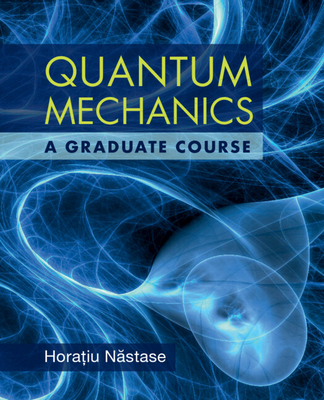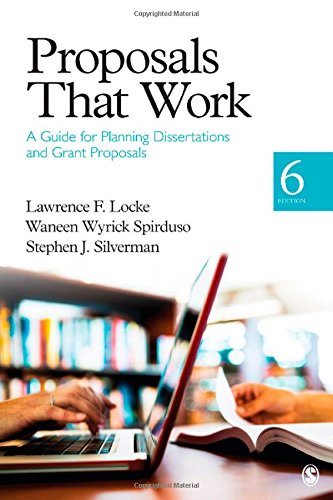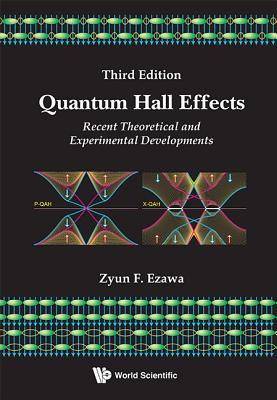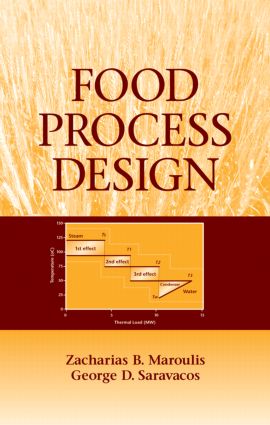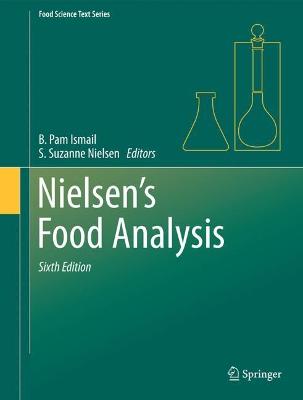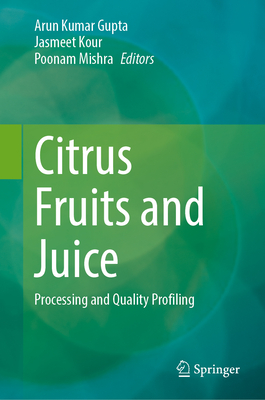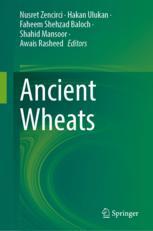
Ancient Wheats
古代小麦
农业史
¥
1657.5
售 价:
¥
1326.00
优惠
平台大促 低至8折优惠
发货周期:国外库房发货,通常付款后3-5周到货!
作 者
出版时间
2022年08月29日
装 帧
精装
页 码
292
语 种
英文
版 次
1
综合评分
暂无评分
- 图书详情
- 目次
- 买家须知
- 书评(0)
- 权威书评(0)
图书简介
Wheat (Triticum L.), an annual herbaceous plant in Poacae (Gramineae) family, settles in the Triticeae (Hordeae) subfamily. The grasses (Poaceae Barnhart) are the fifth largest (monocotyledonous flowering) plant family and of great importance for human civilization and life. Cereal crops such as maize, wheat, rice, barley, and millet are the domesticated ones in the family. It is still the most vital economical plant family in modern times, providing food, forage, building materials (bamboo, thatch), and fuel (ethanol).Wheat has many accessions in national and international gene banks. The estimated number of wheats by FAO in 2010 is 856,000, and, followed by rice (774,000), and barley (467,000). However, the recent consumer’s (misdirected) focus on gluten content and nutritional value urges scientists to reexamine their knowledge about wheat (i.e., origin, evolution, and general and special quality characteristics), as well as their wild relatives and landraces for newer possible genetic resources. Cultured or non-cultured ancestral wheats: einkorn, emmer, wild emmer, spelt, macha, and vavilovii are still limitedly grown on the higher areas in Turkey, Italy, Germany, Morocco, Israel, and Balkan countries. They are exploited mostly for their desired agronomic, and specific quality. In some cultures, wheat species are believed to be therapeutic, with bioactive compounds that reduce and inhibit stubborn illnesses such as diabetes, cancer, Alzheimer, and cardiovascular diseases. In this book, we summarize the importance of ancestral wheat species, and provide a prospect for their future with special considerations in terms of species conservation and improvement.
本书暂无推荐
本书暂无推荐
